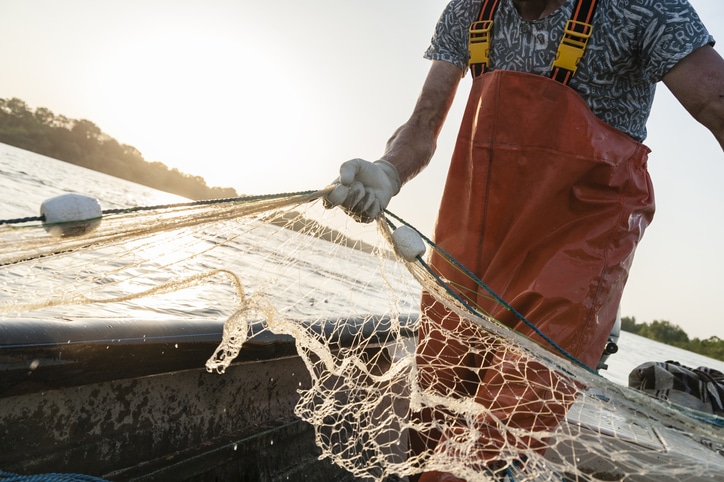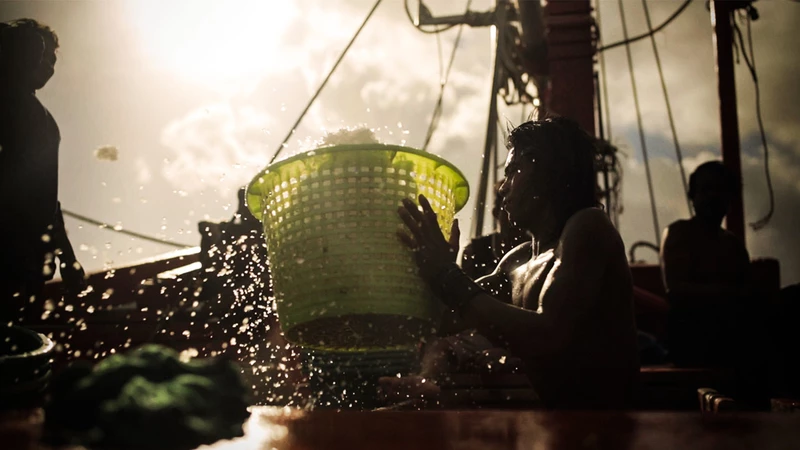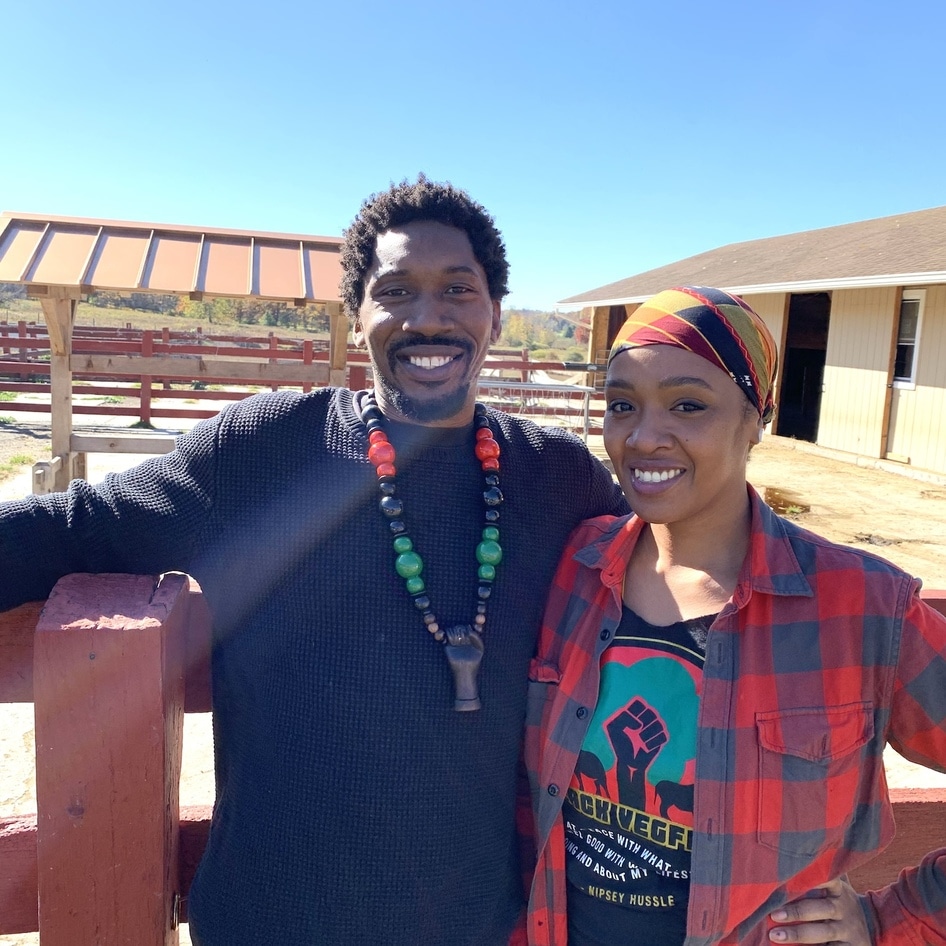In a recent interview with The Standard, Jason Isaacs—commonly known for his role as Lucius Malfoy in the Harry Potter movies—spoke about his time filming in Thailand for season three of The White Lotus. He praised the beautiful sunsets, the night markets, the waterfalls, and the beaches.
Still, when asked about his favorite shops on Koh Samui (the island where most of the new season of The White Lotus is filmed) he offered some meaningful advice for potential new visitors. “I’d encourage people to do more in Koh Samui with their money than shop,” he said. “When you leave, make a donation to any one of the wonderful charities that combat child slavery in the sex and fishing industries.” He added: “Then you know you’ll have left the place better than you found it.”
 HBO
HBO
Corruption in the fishing industry
For several years, activists have been trying to tackle corruption in the country’s fishing industry. Per the Environmental Justice Foundation (EJF), like many around the world, Thailand’s fishers currently face forced labor, human trafficking, and violence. Research suggests that more than 90 percent of the 800,000 people in the seafood industry are migrants. Nearly 60 percent of those have witnessed the murder of a fellow fisher.
The abuses are, in part, linked to the increasing pressure on the industry due to overfished and over-exploited marine populations. “Exhausted fish stocks mean that vessels are staying at sea longer and going further afield, often fishing illegally in other nations’ territorial waters to bring in diminishing catches,” explains EJF. “In turn, operators are using human trafficking networks and bonded, forced, and slave labor to crew their vessels and depress costs.”
 Getty
Getty
In 2015, one report from the International Labor Foundation and the Asia Foundation found that children working in the industry were more exposed to workplace dangers than in other industries. They were also twice as likely to sustain injuries.
Isaacs, who follows a vegan diet, isn’t the first celebrity to shine a light on the issue of corruption in the fishing industry. In 2021, several celebrity chefs and restauranteurs, including Tom Colicchio and Rick Moonen, signed a letter to US Congress, asking it to crack down on illegal fishing practices.
“Human trafficking is common in the illegal fishing industry, and many crew members are subject to despicable conditions, held against their will, and deprived of wages,” the letter read. “This system brazenly exploits some of the world’s most-vulnerable citizens and has gone largely unchecked.”
It’s not just Thailand that is facing this issue. Fishing is one of the world’s most dangerous industries, and fishers all over the world face exploitation. In 2022, for example, one report from the International Transport Workers’ Federation found that migrant workers in the UK fishing industry were facing racial and sexual abuse and human rights violations.
In 2023, another report from EJF investigated illegal and unregulated fishing in Ghana onboard Chinese vessels. The foundation discovered that 86 percent of fishers on these boats were subjected to “inadequate living conditions.” It also found that 75 percent had seen serious injuries occur at sea.
 ‘Ghost Fleet’
‘Ghost Fleet’
BECOME A VEGNEWS VIP: Get exclusive product deals, freebies, and perks galore!
Ending corruption at sea in Southeast Asia
In Thailand, many activists are doing everything they can to tackle corruption in the industry. Thai abolitionist Patima Tungpuchayakul and former enslaved fishing industry worker Tun Lin work together to free captured fishers in Southeast Asia and help them return home to their families. Their efforts were shown in the 2018 documentary, Ghost Fleet, which was directed by independent filmmaker Shannon Service. In a 2019 interview with Kansas City-based KCUR, she spoke about the importance of centering women of color when covering this issue.
“We actually had a lot of opportunities to get fully funded if we could ‘find a character that the audience can relate to,’” Service told KCUR. “And that’s code for white, straight men. There are a lot of Western groups that have been doing amazing work on this issue, but they are not doing the kind of work that Patima and Tun Lin are doing—which is incredibly cinematic, front line, incredibly human, daring work.”
The reality of forced labor in the fishing industry is grim, but awareness and action can help drive change. As Isaacs suggests, supporting local charities and activists can make a difference. You can learn more about the work that Tungpuchayakul and other Thai activists are doing to end corruption and the exploitation of labor migrants in the seafood industry here. You can also find out more about EJF’s work to end illegal fishing here.
For more plant-based stories like this, read:
JUMP TO ... Latest News | Recipes | Guides | Health | Subscribe









